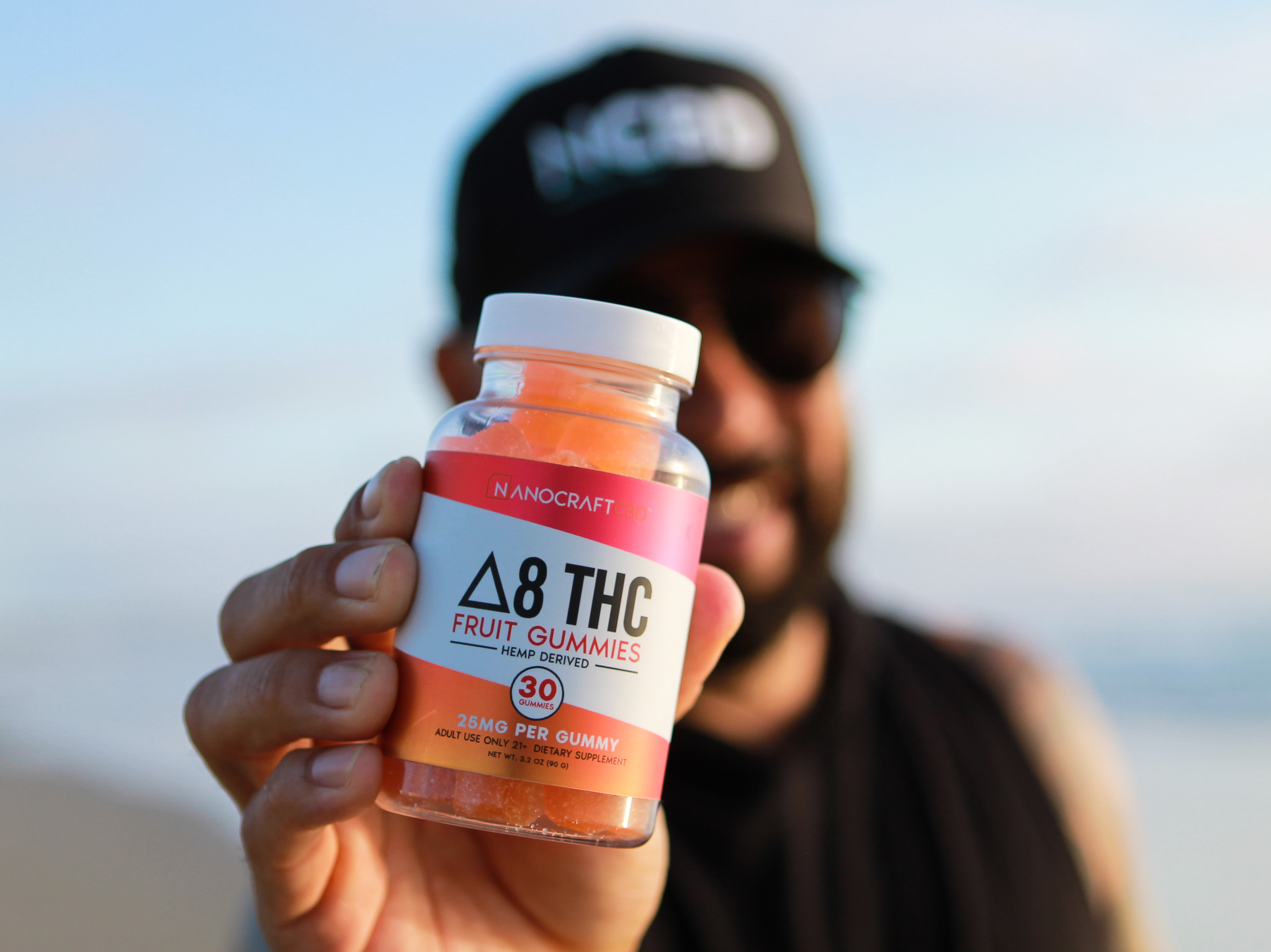The Ethical Sourcing of Hemp for Delta 8 Gummies
When it comes to the production of Delta 8 gummies, ethical sourcing of hemp plays a pivotal role. In this article, we will explore the key factors that impact the ethical sourcing of hemp for Delta 8 gummies, while discussing the tradeoffs involved and the challenges faced. By considering sustainability, fair trade, and other aspects, we can make informed decisions that prioritize both product quality and social responsibility.
Ethical Sourcing
Ethical sourcing refers to the practice of ensuring that the materials used in the production of goods are obtained in a responsible and sustainable manner. In the case of hemp for Delta 8 gummies, ethical sourcing involves considering various aspects such as the cultivation practices, labor conditions, and environmental impact of hemp farming.
Hemp
Hemp, a versatile plant of the Cannabis sativa species, has gained significant attention in recent years due to its numerous potential applications. When sourcing hemp for Delta 8 gummies, it is important to select strains that are organically grown and free from contaminants. This ensures that the final product is of high quality and safe for consumption.
Delta 8 Gummies
Delta 8 gummies have gained popularity as a natural alternative to traditional gummies. They contain Delta 8 THC, which offers a milder psychoactive effect than Delta 9 THC, making it more suitable for those who desire a more relaxed experience. However, the production of Delta 8 gummies relies heavily on the quality of the hemp used as the source material.
Sustainability
One of the key considerations in the ethical sourcing of hemp for Delta 8 gummies is sustainability. Sustainable hemp farming involves practices that minimize environmental impact, such as using organic fertilizers, conserving water, and avoiding the use of harmful pesticides. By prioritizing sustainability, we can ensure that the production of Delta 8 gummies does not harm our ecosystem.
Fair Trade
Another important aspect of ethical sourcing is fair trade. Fair trade practices ensure that farmers are paid fair wages and work under safe and humane conditions. By supporting fair trade initiatives, we can contribute to the well-being of hemp farmers and help create a more equitable supply chain.
The Tradeoffs
Unfortunately, there are tradeoffs involved in the ethical sourcing of hemp for Delta 8 gummies. For instance, organic farming practices may result in lower yields compared to conventional methods. Additionally, fair trade certifications may lead to higher production costs. Balancing these tradeoffs is crucial for businesses to maintain both ethical standards and economic viability.
Challenges and Approaches
The ethical sourcing of hemp for Delta 8 gummies also faces challenges associated with regulatory compliance, supply chain transparency, and certification standards. These challenges can be addressed through collaborations between industry stakeholders, government regulations, and consumer advocacy. By working together, we can strive to ensure that the production of Delta 8 gummies meets high ethical standards.
The Impact
Considering the impact of our decisions on the ethical sourcing of hemp for Delta 8 gummies is crucial. By prioritizing sustainability, fair trade, and responsible production practices, we contribute to a more equitable and eco-friendly industry. Ultimately, our choices as consumers and businesses can drive positive change and encourage others to follow suit.
Conclusion
The ethical sourcing of hemp for Delta 8 gummies is a complex and multi-faceted endeavor. By considering factors such as sustainability, fair trade, and the impact on local communities, we can make informed decisions that prioritize social responsibility. Striking a balance between all these factors requires tradeoffs and presents challenges, but it is a necessary step toward creating a more ethical and sustainable industry.
